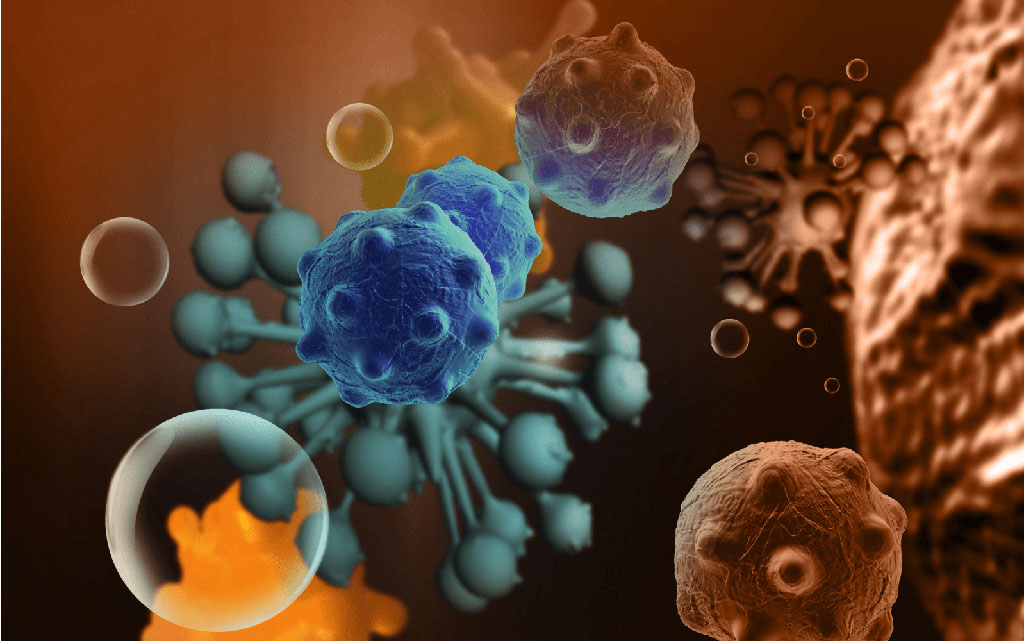Simple Blood Test Can Detect Early-Stage Colorectal Cancer from Gut Bacteria
Posted on 13 Sep 2022
Colorectal cancer (CRC) represents the third leading cause of cancer-related deaths in the U.S. Patients diagnosed with distant stage of the disease represent 22% of all CRC cases and have 15% 5-years survival rates, in contrast to 91% 5-years survival rate of patients with localized disease at diagnosis, indicating how CRC early detection represents an urgent clinical need. Tissue microbiome has been identified as a promising biomarker for the early identification of several cancer types, including CRC. Now, a new study has demonstrated that the analysis of microbiome signatures in plasma can assist in early detection of CRC.
This advancement follows promising early findings by Universal Diagnostics (Cambridge, MA, USA) that revealed early-stage CRC detection through analysis of cell-free circulating tumor DNA (ctDNA) methylation, mutation and fragmentation patterns by using targeted sequencing analysis, advanced computational biology and machine learning algorithms to detect CRC and advanced adenomas. Universal leverages proprietary, state-of-the-art computational biology tools combined with targeted next generation sequencing (NGS) assay platform that allows for simultaneous detection of methylation and microbiome signals for highly-sensitive cancer signal scoring of cell-free DNA regions linked to cancer of interest.

Over the last two decades, microbiome has become a key focus in the nutrition field, giving clinicians and patients a window into how diet and gut bacteria plays into overall health. The proof of principle study by Universal found that changes in gut microbiota have a link into CRC development and progression. Measuring cancer-related microbiome alterations in plasma cell-free DNA (cfDNA) could offer an accurate, non-invasive approach for early cancer detection, leading to decreased cancer mortality. The study found that cfDNA analysis coupled with model building achieved high sensitivity, including at stage I/II and stage III/IV, at equally accurate specificity. The data presented by Universal shows that microbiome research can have a profound impact on other areas of healthcare, such as oncology. This body of research from Universal is being used to build “Signal-X”, a platform to detect multiple types of cancer. Its first product, “Signal-C”, detects early-stage colorectal cancer and adenomatous polyps.
“While methylation, mutation and fragmentation are still the core of early CRC detection, we think microbiome is an interesting addition to our proprietary technological platform Signal-X as we build out the platform,” said Christian Hense, COO at Universal DX. “As we learn more about microorganisms and how they interact in communities within our bodies to change the way we feel and function, we hope this type of data analysis will help patients get access to earlier and more sensitive screening, individualized guidance for treatment, and advanced monitoring techniques.”
Related Links:
Universal Diagnostics













